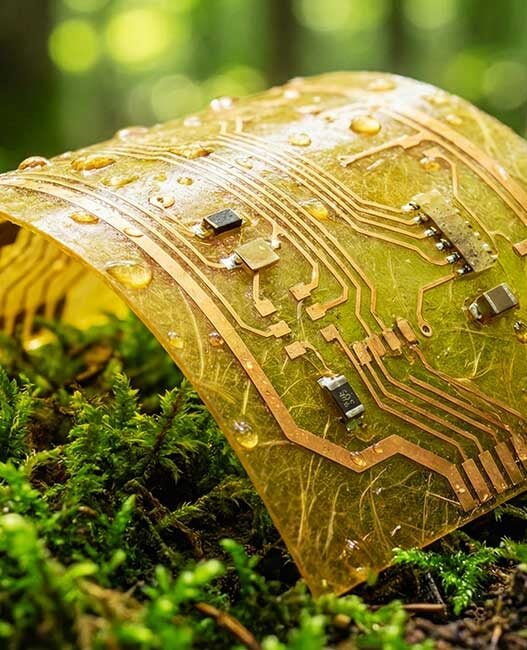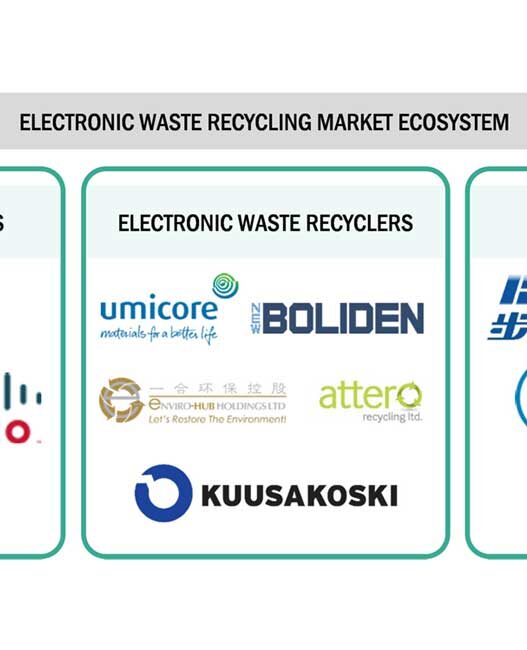There are several challenges that the industry is facing, such as increasing fuel prices, unpredictable demand, supply chain challenges, and growing concerns about air pollution. The semiconductor shortage alone resulted in a production loss of 1.5 million units in 2021.
Looking at the current manufacturing trends, we can see that businesses across all fields are moving towards more sustainable practices to reduce emissions and waste and cater to the growing demand for more sustainable products. When it comes to car manufacturers, besides their focus on electric vehicles, lightweight materials, and less wasteful manufacturing processes, they’re also embracing Circular Economy.
Circular Economy is an economic system in which resources are kept in use for as long as possible, extracting the maximum value before recovering and regenerating them. It is a sustainable approach to economic growth that aims to reduce waste and pollution, conserve natural resources, and create jobs. Accenture says this approach could reduce the automotive industry’s carbon emissions by up to 75% by 2030.
One of the key aspects of Circular Economy is the concept of product-as-a-service, where the focus is on providing access to a product rather than ownership. This is becoming increasingly popular in the automotive industry with the rise of carsharing and subscription-based models.
Companies such as Zipcar and Turo offer car sharing services, which allow people to rent cars on a short-term basis, reducing the need for individual car ownership.
Carsharing not only reduces the environmental impact of the automotive industry but also improves access to transportation for those who may not be able to afford a car. A study by McKinsey shows the number of people using car sharing services has grown by more than 30% annually in the past five years in North America and Germany. Global Market Insights (GMI) expects the worldwide carsharing market to reach €6.5 billion by 2027.
Another aspect of the Circular Economy is the concept of closed-loop systems. In the closed-loop system, products and processes are designed to minimise waste and pollution and enable the recovery and reuse of materials. For automotive manufacturers, this could mean designing cars that are easy to disassemble and recycle, using recycled materials in the manufacturing process, and developing systems for collecting and reusing waste materials.
Circular Economy also emphasises the importance of collaboration and partnerships between different sectors of the economy. This can include partnering with suppliers and recycling companies to recover and reuse materials.
In conclusion, the Circular Economy is an economic system that aims to reduce waste and pollution, conserve natural resources, and create jobs. It is becoming an increasingly important concept in the automotive industry as it helps to make the industry more sustainable. From product-as-a-service models to closed-loop systems and collaborations, Circular Economy offers a range of opportunities for the automotive industry to reduce its environmental impact and create a more sustainable future.















